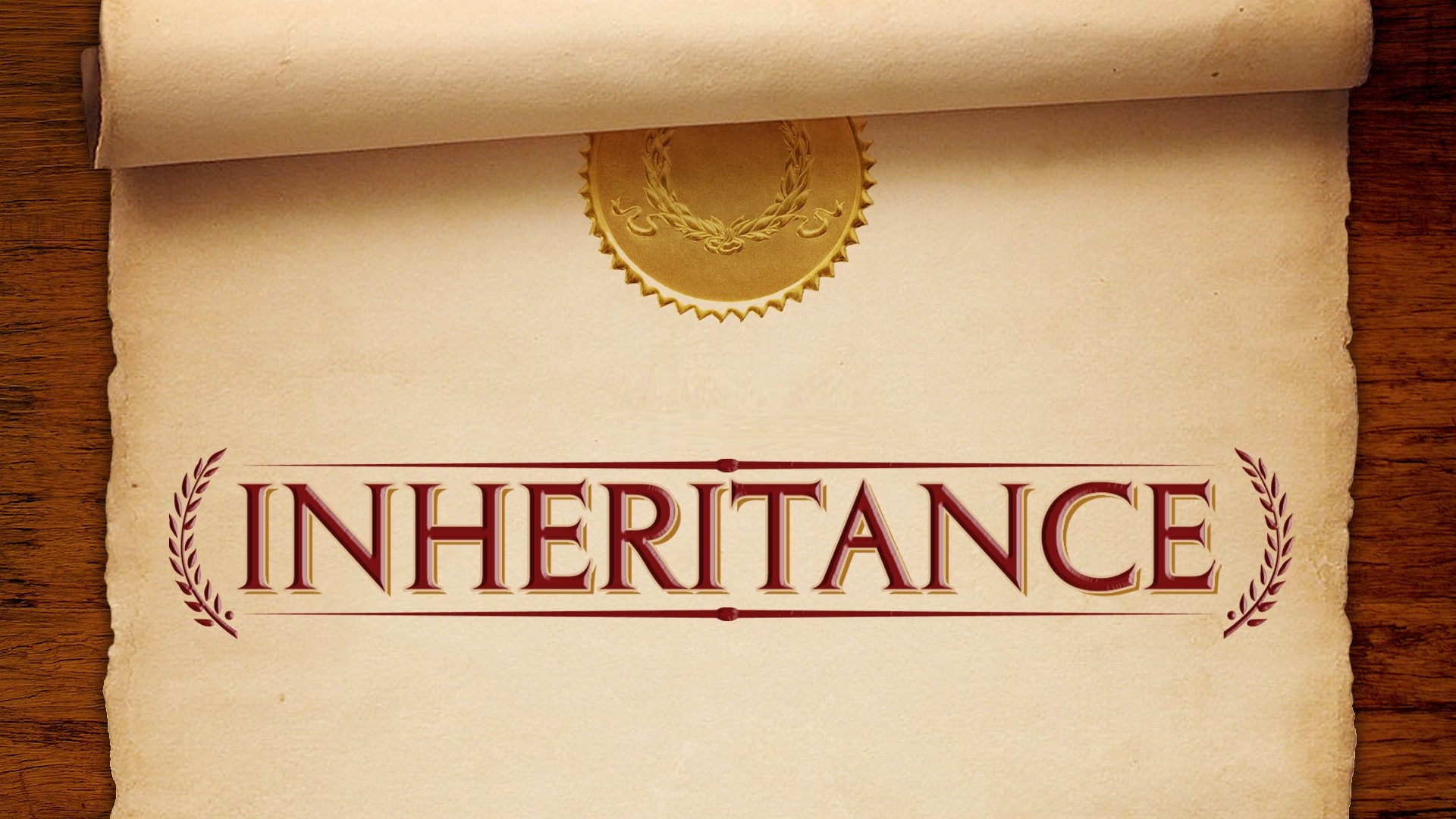Korean Family Theft Law: Constitutional Court Rules Special Family Exemption Unconstitutional
Special Family Exemption (친족상도례)
South Korea’s Constitutional Court in 2024 (Case No. 2020헌마468) issued a landmark decision concerning Article 328(1) of the Korean Criminal Code, which deals with the so-called “special family exemption” (친족상도례) in property-related crimes. The Court found the provision unconstitutional in part, ruling that it infringes the victim’s constitutional right to participate in criminal proceedings.
This case is particularly significant for criminal defense attorneys, victims’ advocates, and families involved in financial disputes, as it reshapes the long-standing balance between family protection and victims’ rights. Pureum Law Office (PLO) is here to fully explain Korean Family Theft Law and help you you understand your optimal legal courses of action if you find yourself involved in such a case.
Understanding Korea’s Special Family Exemption Law: Article 328(1)
Article 328(1) of the Korean Criminal Code states, “If the offender is a lineal blood relative, spouse, cohabiting relative, cohabiting family member, or the spouse of such a person, the punishment for interference with the exercise of rights shall be exempted.”
This provision has historically applied broadly to property crimes among close family members, meaning that even when theft, embezzlement, or obstruction of rights occurred, prosecution would not result in punishment if the offender and victim were in certain familial relationships.
The rationale was grounded in cultural and historical traditions that emphasized family solidarity and the private resolution of disputes within households. However, critics have long argued that the scope of this exemption of the Korean Family Theft Law was too broad, potentially enabling abuse and economic exploitation within families.
Victims’ Rights under Korean Criminal Law
The Constitutional Court focused on whether Article 328(1) violates victims’ constitutional rights under Article 27(5) of the Korean Constitution, which guarantees participation in criminal trials.
The Court held:
- While the cultural need for family-based leniency (친족상도례) is understandable, an absolute exemption without judicial discretion strips victims of their right to request punishment.
- The rule’s overly broad scope could lead to unjust outcomes, particularly where the offense is serious or involves vulnerable family members such as minors, the elderly, or persons with disabilities.
- By forcing courts to uniformly exempt punishment, the law denies victims a voice in seeking justice and constitutes an unreasonable and unfair legislative overreach.
Korean Criminal Law Reform Needed
The Court declared the provision “unconstitutional, but not void” (헌법불합치).
- Application Suspended: Article 328(1) will no longer apply in its current form.
- Legislative Deadline: The National Assembly has until December 31, 2025 to amend the Criminal Code.
- Future Direction: Lawmakers must decide whether to narrow the scope of eligible family members, allow judicial discretion, or introduce victim-consent provisions to strike a balance between family protection and victims’ rights.
Implications for Property Crime Victims and Defendants
For Victims of Family Theft or Financial Abuse
- Victims now have greater procedural protection and can expect courts to consider their right to justice.
- Vulnerable family members subjected to economic abuse will no longer be automatically excluded from legal remedies.
For Defendants Accused of Family Property Crimes
- Family-based immunity from punishment is no longer guaranteed.
- Defense strategies will need to shift from relying on statutory exemption to mitigating punishment through sentencing arguments.
Seeking Legal Help for Family Property Disputes in Korea
The Constitutional Court’s decision on Article 328(1) of the Criminal Code marks a turning point in Korean criminal law. By prioritizing victims’ rights over automatic family exemptions, the Court has aligned Korea’s legal system more closely with constitutional protections and modern human rights standards.
As the National Assembly prepares amendments before December 31, 2025, both victims and defendants should carefully monitor legislative changes. Families involved in property disputes or criminal accusations within the household are strongly encouraged to seek legal consultation with experienced criminal defense lawyers to navigate this evolving legal landscape.
Legal Help for Korean Family Theft Law
Contact PLO today if you need help navigating South Korea’s complicated civil or family related legal matters. Let us help.




